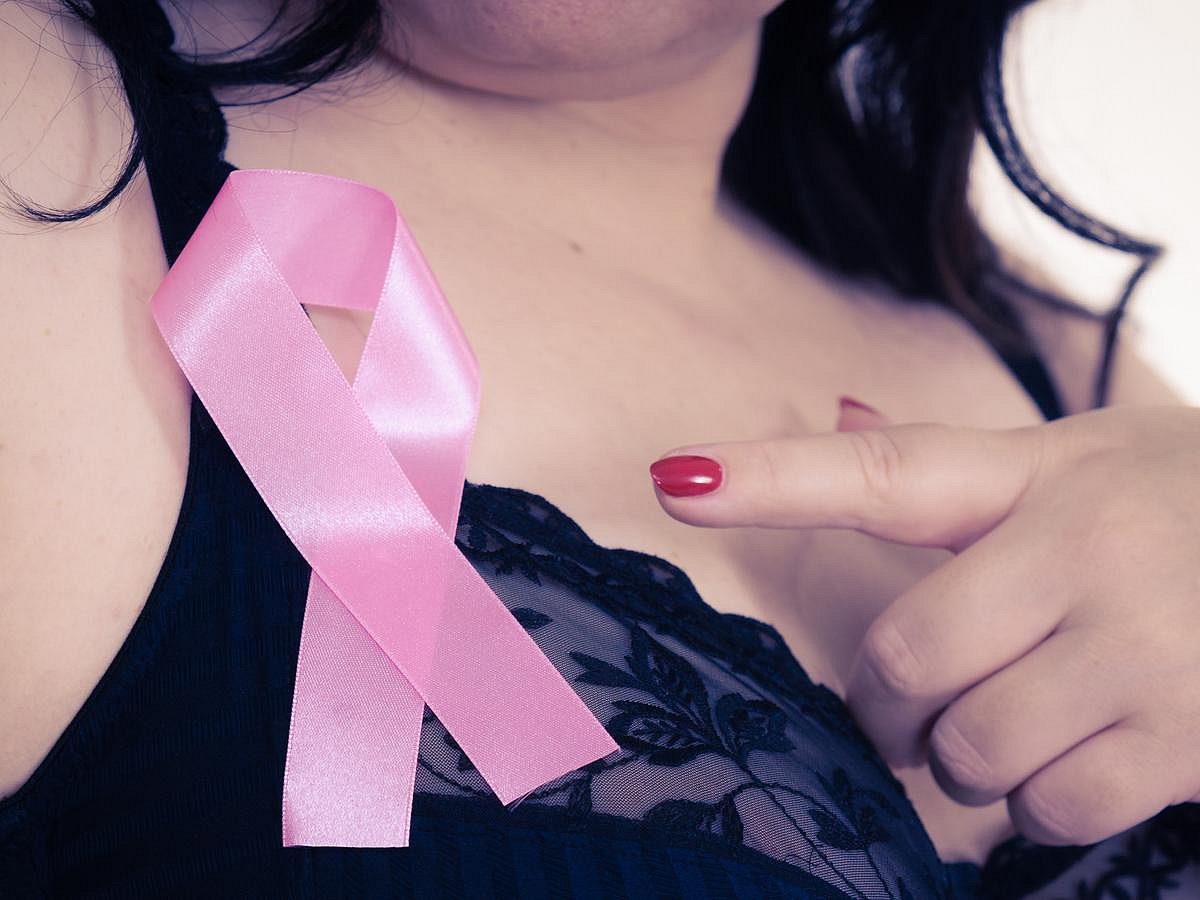Get Healthy!

- Posted September 16, 2025
Early Breast Cancer Survivors Have Little Added Risk Of A Second Cancer, Study Says
Women who survive an early breast cancer can breathe easy, a recent study says.
Their risk of developing a second cancer is low, about 2% to 3% greater than that of women in the general population, researchers reported in The BMJ.
“Many breast cancer survivors believe their risks of a second cancer are much higher than those we estimated,” wrote the research team co-led by Dr. David Dodwell, a senior breast oncologist at the University of Oxford in the U.K. “The information in our study can reassure them and help them to plan their future.”
Breast cancer survivors have long been recognized to have a higher risk of follow-up cancers, either in their other breast or in other parts of their bodies, researchers said in background notes.
But cancer treatments have dramatically advanced in recent years, increasing survival rates and reducing the risk of second cancers, they added.
To re-examine survivors’ future cancer risk, researchers analyzed data from more than 476,000 women diagnosed with early breast cancer in England between 1993 and 2016. The women, who ranged in age from 20 to 75, all underwent surgery to remove their tumor.
Over a follow-up period of around two decades, nearly 65,000 of the women developed another.
However, the study found their risk for the second cancer hewed closely to the risk for all women:
Just under 14% had developed a second cancer elsewhere in their body (mainly womb, lung or bowel cancer), only 2% more than expected in the general population.
Just under 6% had developed a cancer in their other breast, 3% more than expected in the general population.
Women of all ages had about the same excess risk of developing a new cancer elsewhere in their bodies, researchers found.
But younger women had a slightly greater risk of a second cancer in their other breast compared to older women.
Looking at different treatments, researchers found that radiation therapy was associated with higher rates of second breast and lung cancers, hormone therapy with uterine cancer, and chemotherapy with leukemia.
About 7% of excess second cancers might be due to cancer treatments given to prevent cancer recurrence, researchers said.
However, they noted that the benefits outweigh this small risk in nearly all circumstances – and patients said they agree.
“For instance, I believed that radiotherapy would increase my risk of lung cancer, but this risk is actually less than 1%,” wrote breast cancer survivor Hilary Stobart, a member of the Independent Cancer Patients’ Voice in London, in a patient perspective accompanying the new study.
“If we were talking to someone recommended to have radiotherapy or drug treatments for early breast cancer now, we could reassure them about future second cancer risks,” writers of the patient perspective said. “You can have the treatments you need today because the risks that they might cause other cancers later on are low.”
They added: “In general, the benefits of treatments in protecting patients from recurrence of breast cancer far outweigh the potential downsides. Such information should be available and offered by clinicians at the time that adjuvant therapies are discussed.”
More information
The Mayo Clinic has more on adjuvant therapies for cancer prevention.
SOURCE: The BMJ, Aug. 27, 2025

